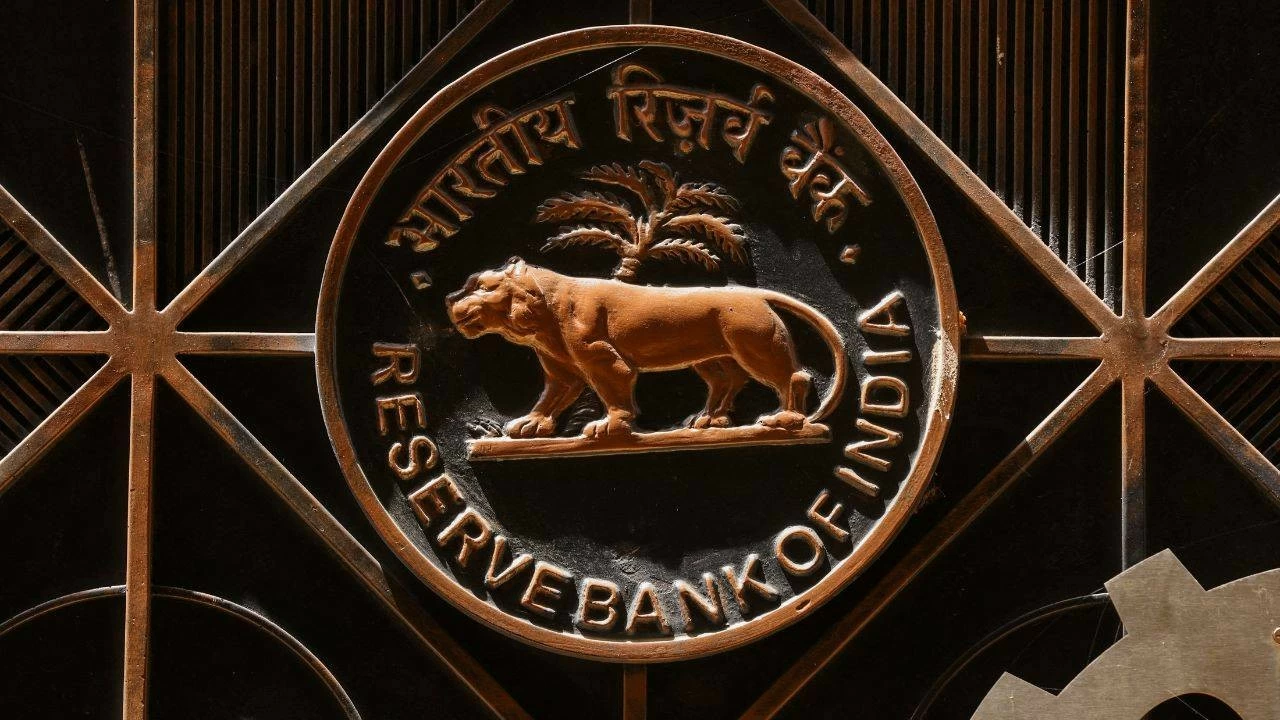

By signing in or creating an account, you agree with Associated Broadcasting Company's Terms & Conditions and Privacy Policy.


By signing in or creating an account, you agree with Associated Broadcasting Company's Terms & Conditions and Privacy Policy.

New Delhi: The Reserve Bank of India (RBI) is considering allowing lenders to remotely disable mobile phones purchased on credit if borrowers fail to repay, according to two people aware of the matter. The proposed step, aimed at reducing bad loans, has triggered concerns over consumer rights.
A 2024 study by Home Credit Finance showed that more than one-third of consumer electronics in India, including smartphones, are bought through small-ticket personal loans. With over 1.16 billion mobile connections, data from the Telecom Regulatory Authority of India (TRAI) highlights the vast reach of such purchases. Last year, the RBI had directed banks and non-bank lenders to pause the practice of phone-locking defaulters’ devices, which was previously carried out via apps installed during loan issuance[, The Mint reported.
After extensive discussions with lenders, the central bank is expected to introduce new provisions in its Fair Practices Code within the next few months, the sources said. These rules will require prior borrower consent before a lock is activated and will bar lenders from accessing personal data on disabled devices. "The RBI wants to ensure that lenders have the power to recover small ticket loans, and at the same time ensure that customers' data is protected," said one of the sources. The RBI has not officially commented on the matter.
If enforced, the mechanism could support leading consumer lenders such as Bajaj Finance, DMI Finance, and Cholamandalam Finance by strengthening recovery rates and expanding credit access to borrowers with weaker repayment histories. Loans below Rs 100,000 (USD 1,133) have some of the highest default rates, according to credit bureau CRIF Highmark. Non-banking finance companies (NBFCs) disburse about 85 per cent of consumer durable loans in India. Personal loans, meanwhile, account for nearly one-third of total non-food credit in the banking system, with financing for electronics like mobile phones growing rapidly.
Advocacy groups have warned of risks to millions of borrowers if such a measure takes effect. "This practice weaponizes access to essential technology to enforce behavioural compliance, locking users out of livelihoods, education, and financial services until repayment," said Srikanth L., founder of CashlessConsumer.












